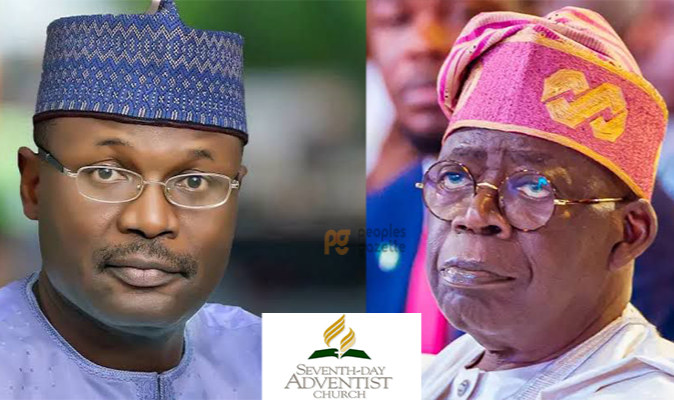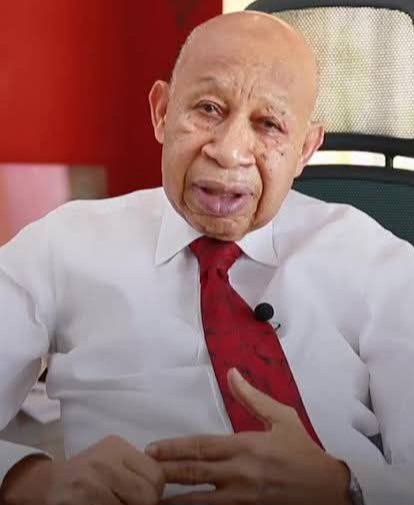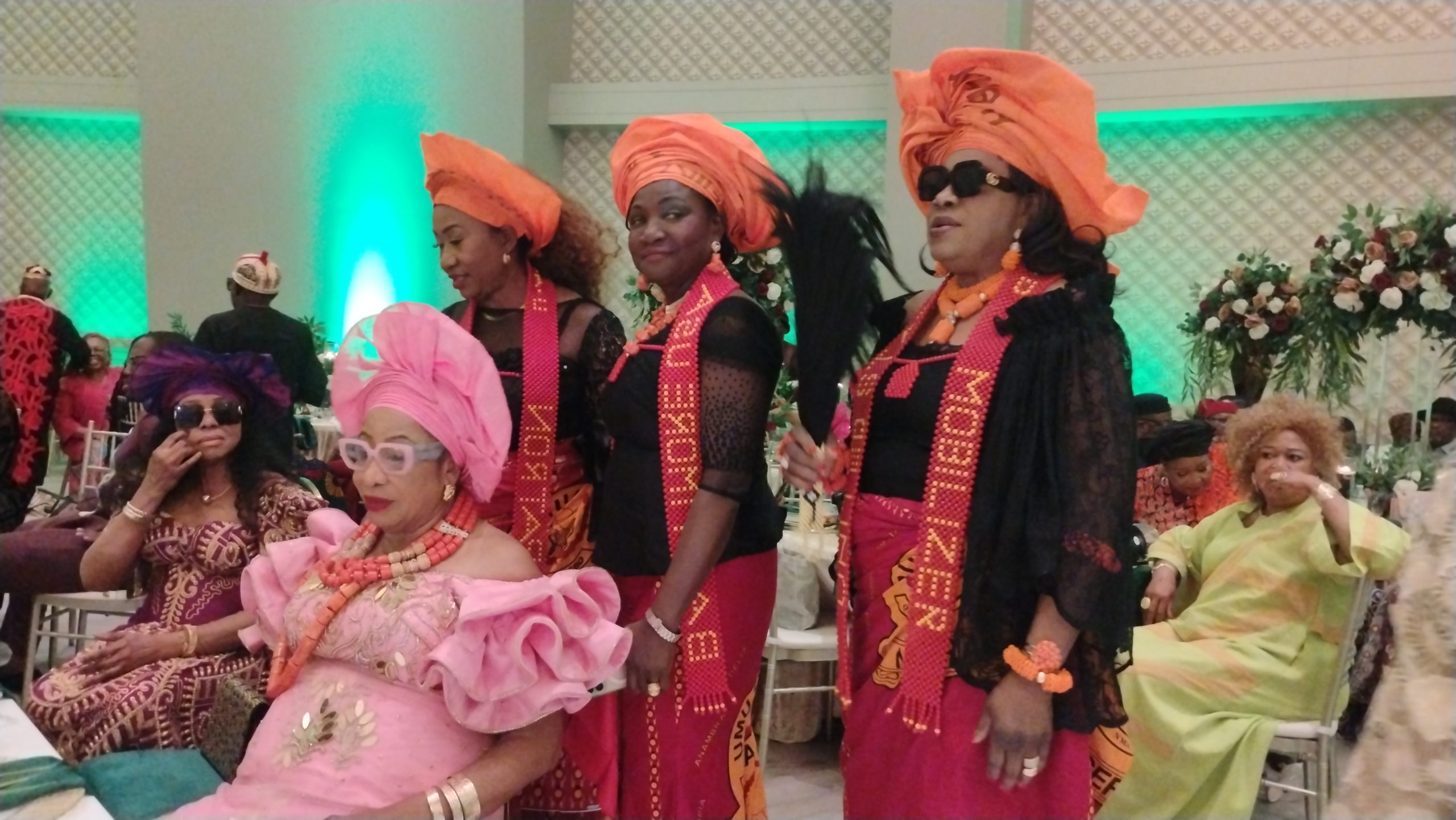Seventh-Day Adventist Church Suit Seeking Saturday To Be Declared Sacred: Court To Rule March 20

The Abuja Division of the Federal High Court on Wednesday, fixed March 20 to deliver judgment in a suit filed by a member of the Seventh-day Adventist Church, Ugochukwu Uchenwa, seeking to stop the conduct of elections and examinations on Saturdays.
Justice James Omotosho fixed the date after listening to the counsel’s arguments for and against the suit.
The plaintiff, Mr Uchenwa, an elder of the church, filed the suit on the grounds that fixing elections and examinations on Saturdays violated his rights and that of other church members to freedom of worship.
He is praying the court to declare the fixing of elections and examinations on Saturdays as unconstitutional.
In the alternative, the plaintiff prayed the court to order the defendants to allow him and other church members to vote or write examinations on any other day of the week, including Sundays.
Listed as defendants in the suit are the president, the attorney general of the federation, INEC, the internal affairs minister, JAMB, NECO, WAEC, the National Business and Technical Examination Board, Council of Legal Education and the Ministry of Education.
At Wednesday’s hearing, counsel to the plaintiff, Benjamin Amaefule, told the court that his client was only seeking to enforce his fundamental right to freedom of education and freedom to participate in elections.
Mr Amaefule told the court that his client was seeking, among others, a declaration that the schedule of elections in Nigeria on Saturdays, the Sabbath day, violated his fundamental right to freedom of worship.
“It is also a violation of conscience, profession and free practice of faith and right to participate freely in the government of the applicant and that of entire members of the Seventh-day Adventist Church, Nigeria,” Mr Amaefule explained.
He maintained that fixing examinations and elections on the “Sabbath day of the Lord” was also a violation of the right to freedom of education of the applicant and the members of the Seventh-day Adventist Church Nigeria.
The plaintiff asked the court for some relief, including a declaration that the actions of the 5th to 8th respondents fixing examinations on Saturdays, a “Sabbath day of the Lord,” was unconstitutional.
“It is a violation of the fundamental rights of freedom of conscience, profession and free practice of faith of the members of the Seventh-day Adventist Church Nigeria,” he stressed.
He prayed the court for an order restraining INEC from further violating the rights of the Seventh-day Adventist Church members by holding elections on Saturdays.
Mr Amaefule also mentioned that in the alternative, the court should order INEC to “mark out a different day for the members of the church to participate in their own election if the INEC cannot schedule and hold the elections on a day” other than on Saturdays.
He also sought an order restraining the 5th to 8th respondents from scheduling and conducting compulsory public examinations on Saturdays without making an option for the members of the Seventh-day Adventist Church to write their exams on days other than Saturdays, including an order mandating the 10th respondent to cease from conducting any academic programme or activities on Saturdays, “the Sabbath day of the Lord” without giving members of the Seventh-day Adventist Church a different day to participate in such academic activities by itself or through any of its department.
The plaintiff also asked the court to make an order mandating the first and second respondents (the president and the AGF) to declare Saturdays as public holidays like Sundays are public holidays.
Moreover, he insisted that Sunday was the first day of the week while Saturday was the seventh day of the week, hence the Sabbath day.
Responding on behalf of the president and the AGF, Maimuna Shiru told the court that she filed a 17-paragraph affidavit on behalf of her client in opposition to the suit.
She prayed the court to dismiss the suit for lacking in merit.
For his part, counsel to WAEC, Friday Chorio, argued that Nigeria was a circular state as it had not adopted any religion as its own. According to Mr Chorio, the constitution provides that Nigeria shall not adopt any religion as its own.
“In this circumstance, the plaintiff is seeking for an interpretation of the law that Saturday should be fixed as a holy day for the Seventh-day Adventist church. We have so many laws that provide for holidays. Section 4 of the Public Holiday Act provides and declares Sunday as a public holiday, so government activities cannot take place on Sundays.
“Anybody can adopt Sunday as his or her own holiday, so you cannot come to court and ask the court to declare Saturday as a public holiday,” Mr Chorio argued.
For JAMB, Safinat Lamidi told the court that she filed a preliminary objection, praying the court to dismiss the suit as it lacked the jurisdiction to entertain it.
The internal affairs minister, INEC, NECO, National Business and Technical Board, Council for Legal Education and the Ministry of Education were absent in court as no counsel announced an appearance on their behalf.
However, the judge, having confirmed that they were duly notified of the hearing date, proceeded to hear the matter and subsequently fixed March 20 for judgment.
– NAN


